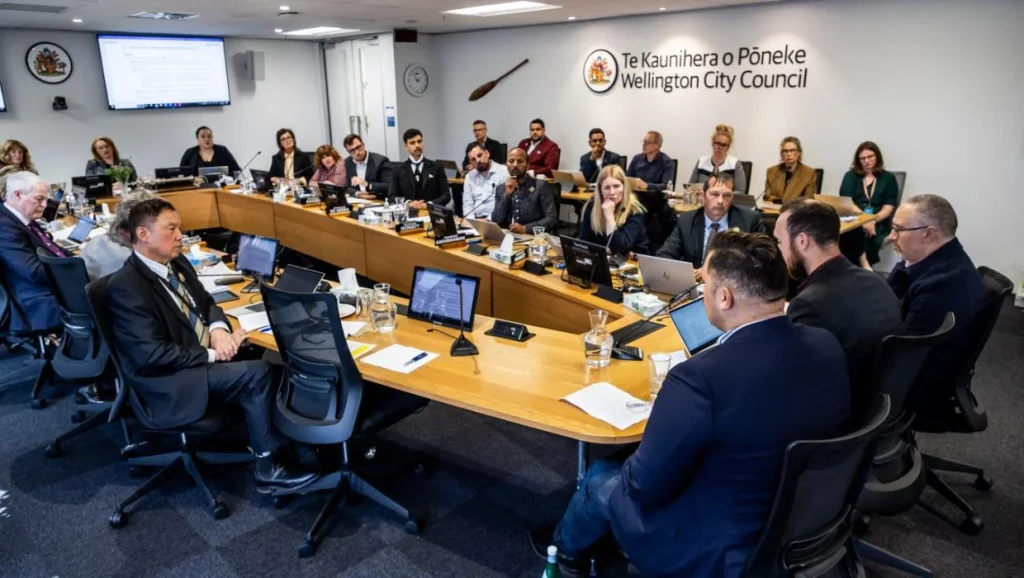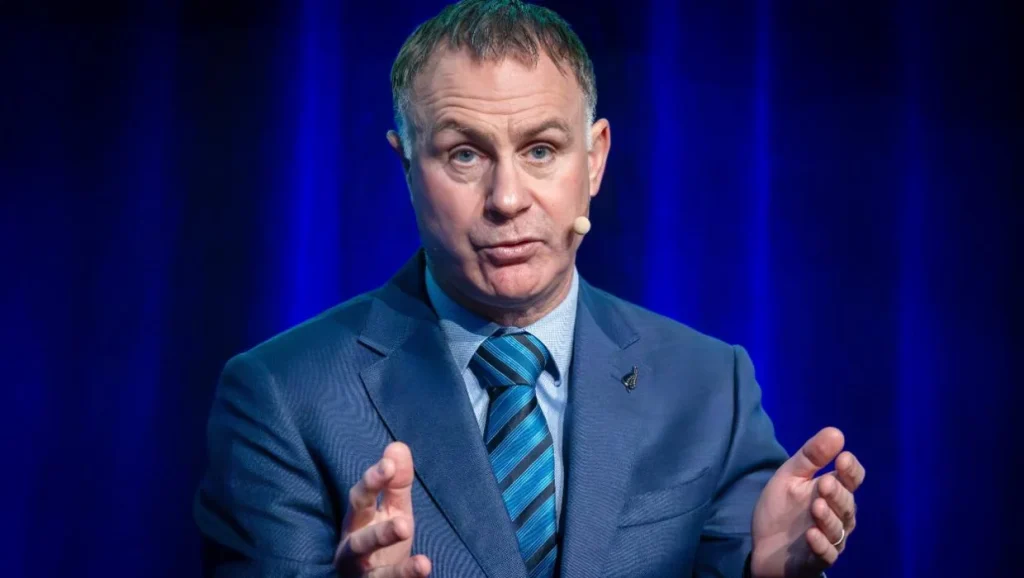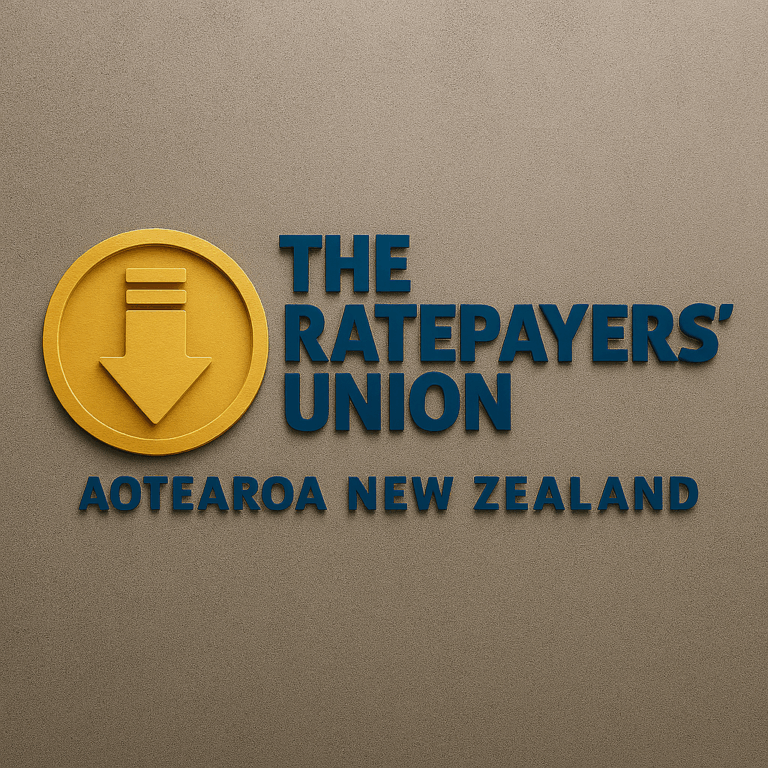
A Government bill that aims to bring local government “back to basics” has drawn fire from the Wellington City Council, which argues a focus on core services will not solve the rates affordability problem alone.
The amendment will remove from law the need for councils to consider social, economic, environmental, and cultural “wellbeings”, and require core services to be prioritised, spending on contractors disclosed and each council’s performance to be measured.
It was introduced to the House by Local Government Minister Simon Watts last month in a bid to relieve ratepayers of rising rates.
A proposed submission from Wellington City Council contends that most of what it already does counted as what the Bill described as “core services.” It said the real costs are owning and maintaining the infrastructure needed to deliver them – a burden that would keep falling on ratepayers regardless of the law change.
Council will vote to approve the submission this Thursday.

“The affordability issue is of a magnitude that it will need more solutions than a simple rescoping of what local government should focus on in terms of services,” the submission says.
The council acknowledges such an approach could improve rates affordability to some degree, but says the costs and funding issues of local government are significant and complex.
It points to the rising cost of infrastructure assets, past underinvestment, the damage that climate change is causing to infrastructure and its legal obligation to address earthquake-prone buildings.
The proposed legislation does acknowledge that the cost of infrastructure is a key reason rates are rising but says that rises are being “exacerbated” by a lack of fiscal discipline among councils.
Wellington City Council did support several parts of the bill, such as measuring council performance, strengthening transparency and accountability and providing regulatory relief.
Core services have been defined in the bill as network infrastructure, public transport services, waste management, civil defence emergency management, libraries, museums, reserves, and other recreational facilities.
While museums were listed as a core service, festivals, live performances, stadiums, concert halls and large theatres were not. The submission points to the economic benefit of events such as the council-supported World of WearableArt show, which contributed more than $31 million to the city last year.

The council says its role in creating a business-friendly environment and using financial incentives to attract investment – which in turn boosts government tax revenue – should be recognised.
“Without the financial backing and strategic direction provided by local councils, the question arises as to who would assume responsibility for the critical task of promoting the area and supporting its economic vitality.”
The council said it had been an ongoing issue that local government often carried out functions on behalf of central government.
Recently, NZ Transport Agency’s road maintenance funding for local councils was reduced, forcing councils to either source more funding from ratepayers or cut back road maintenance services.
.
By the end of the year, the legislation around what councils core role should be is expected to be passed into law and a proposal for capping local council rates will be taken to Cabinet.

